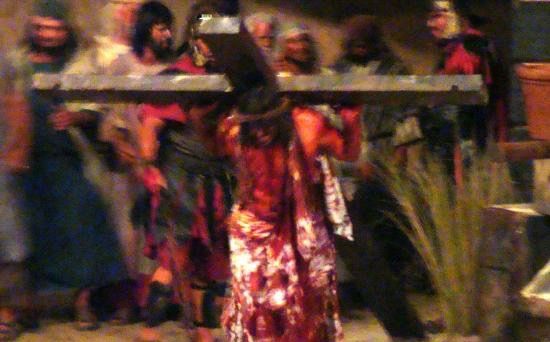Not long ago, a man might spend his entire day in the woods, swinging an ax, his senses inundated by the smells and songs of a wild world. Or in a field, alone with his horses, tilling up the layers of deep, rich soil. Or he might find himself coasting toward the horizon, white sails rippling above his head as he sank his net into the depths and drew up silver fish. Life then was hard, often too hard, but there exists many a testimony from those who discovered profound beauty within their struggles. Call me a romantic, but then you would have to call the pioneers romantics as well.
They rose and slept to the rhythm of the sun, felt their hearts swell with pride to watch their cattle grow strong and fat or the garden burst with leaf and color, and delighted in gathering around the table to share stories at day’s end. They knew the stars and could find their way home even be they leagues out on the crystal sea. And they knew intimately the land they had broken; indeed, like husband and wife, blood was spilled that they may be united and bear fruit. Pain gave birth to beauty.
Today, we fear suffering; we’ve cut ourselves off from anything that may cause us discomfort. And thus we find ourselves in a cushioned, air-conditioned, sterilized, instant, pre-made, synthetic environment where we are rarely, if ever, challenged to draw on our deepest strength, to fight and win a battle for life itself. Consider the woods and fields, the mountains and sea: beauty thrives in an unfettered, even dangerous, environment. The woodcutter fought for life alongside the bear and bird and squirrel; the fisherman alongside the fish; the farmer alongside the weeds—and every man learned to surrender to the weather. No doubt it is daunting to embrace what we cannot always control, but only ask the pioneer and he will tell you it is worth it.
Naturally, not everyone was called to a skin-to-skin relationship with creation. Indeed, there existed many a philosopher, poet, and politician—but they too were connected to the beauty surrounding them, whether to muse on it, to write about it, or to defend it. Today is no different: not everyone is called to garden, and even fewer to till a field by horse-drawn plow. No, I do not argue that we should return to lanternlight and carriages and hand-pumped water—not if we can use our creative technology to strike a balance between life being too hard and life being too easy. The cold may kill a man’s body, but modernity may kill a man’s soul. Yes, it’s no wonder this generation is crying out, “Where is God? Where is He?”
We must rediscover beauty before we can find He who is Beauty.
But beauty is not only found within suffering. As children, were we not often spellbound by simplicity—a dandelion plucked to give to Mother? What did we see in that humble little weed? Or maybe the question is, What do we not see now?
As we grow, stepping beyond our backyard into the Great Wide Open, we often become jaded—the bubble bursts and we realize that an evil witch dwells in the lovely land of Oz. Some begin searching for beauty in the cold, the grotesque, the indecent, as if childhood is mere illusion. But we cannot thrive in the heart of darkness; it is a void into which our cries echo for eternity. Like color, beauty is only present when light is present.
But even within the sphere of sunlight and starlight and moonlight and firelight, we can find ourselves crying out for more. We wonder how we can make the beauty last longer, how we can capture it and never let it go—rather than simply being and soaking it in. We’ve learned to be greedy, rather than grateful. We must remember what it was to be a child who lived solely in the moment . . .
Not long ago, a friend and I stepped barefoot into a meadow of lupins and searched for our favorites—whether magenta or pale pink or violet or cornflower blue or white-tipped. We gathered bouquets that overflowed our hands and our hearts. They wilted the next day but sweetened our lives while they lasted, and that was what mattered.
For many, beauty is not at their fingertips. While it is indeed possible to climb over the wall into a hidden garden and behold dewy roses growing rampant—need beauty be so elusive? Can it not be integrated into an ordinary day, as it once was? No wonder we grasp and cling when beauty shimmers its wings. Somehow, it has become a rare gem found by few, rather than the hearth by which every man, woman, and child can warm themselves. Every now and then I am struck deeply when I remember that this earth was given to us to be home, and yet many spend more time under a roof, suffocated by forests of concrete and steel, than among breezy cathedrals of trees where the soul is free to breathe.
Again, I do not argue that we should reject everything that is not of the old world. But we must awake and realize that the new world, for all its progress, may well be birthing the regress of human flourishing.










